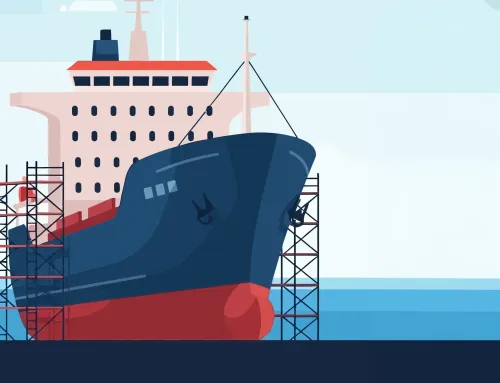The character Polonius counsels his son Laertes before he embarks on his visit to Paris. He says, "Neither a borrower nor a lender be; / For loan oft loses both itself and friend." It means do not lend or borrow money from a friend, because if you do so, you will lose both your friend and your money.
Polonius is a character in William Shakespeare's Hamlet. He is chief counsellor of the king, and the father of Laertes and Ophelia. Generally regarded as wrong in every judgment he makes over the course of the play.

I write this month's steam of consciousness ramblings at 20,000 feet on my way home from New Zealand. Over the past few years I've become quite enamoured with the land of the long white cloud. Apart from the obvious downside of the place being full of kiwis, it's a decidedly pleasant and laid back destination.
This trip entailed 5 weeks roaming around parts of the South Island with a spot of hiking, tramping, skiing and eating thrown in. They take their alpine treks pretty seriously in NZ with magnificent scenery and equally impressive huts to stay in overnight. They seem to also have a great fear of avalanches judging by the signs, but I guess that comes with the territory.
I was on one of these hikes with plenty of time and solitude when my mind turned to you, dear reader. Well, not you specifically, more the dreaded deadline for this article and more importantly, what the hell would I write about this month. This random thought led to debate in my head about the nature of debt. When I say in my head, maybe it was out loud but there was no one around to hear me, so I'm not officially crazy.
Signing ContractHere's the thing. We all borrow stuff. No money changes hands but there's an implied contract that the borrowed item will be returned in a reasonable time frame and in the same condition it was in when borrowed. "Mate, can I borrow the ute?" has an implied agreement that it will be back before nightfall with a full tank of juice and at least an attempt at a clean. Same goes for mowers, although I think the habitual mower borrower needs a stern chat and directions to Bunnings.
I'm filling in my immigration card on the plane and the bloke next to me asks if he can borrow my pen. Sure. We both know it's coming straight back.
Now, I need to get some serious work done requiring all manner of manly devices. So, I go to Kennards. "Mate, can I borrow a chainsaw, a scissor lift and a box trailer?". Not a chance but you can hire them. Here's our terms and conditions, sign here and whip out the credit card.
Ah ha! So, you borrow off your mates but you hire stuff when you have to pay and there are formal rules. So why do we borrow from banks I wonder? Surely if we are asking for the use of an asset that we are expected to return, on a formal basis with commercial terms involved, we are hiring, not borrowing. Of course, the beauty of hiring money from the bank is that you don't have to give it all back at once (*usually, see side note below). Just pay the hire fee (interest) and return the asset over an agreed time frame.
Sounds like a pretty good deal to me. Imagine if I tried this with my friends at Hertz. I'll need the car for a week and then I'll drop the back left hand door in. In a couple more weeks the gearbox, and so on. In the context of most hire arrangements this bank money caper looks pretty accommodating.
Yes, I am playing with an idea, but the core of my point is this. If we stop thinking about debt as borrowings and start thinking of it as money we have hired then maybe we will take more care in terms of what we do with the dough. And maybe, just maybe, the average borrower will appreciate that just like the mates ute, it needs to come back in the same nick it was in, clean, tidy and with the fuel gauge on full.
Can you imagine any fair minded Aussie bringing the ute back filthy dirty, a week late, an empty tank and a ding in the tailgate and then blaming his mate because he should have known he never looks after stuff?
Me neither.
*A word on loan terms.
Banks will hire (lend) you money over a specific period of time. For the average punter buying a house that's 25 to 30 years. Sometimes there's an initial interest only period followed by a period of debt amortisation also known as P and I payments. Business finance approvals can often have a much shorter term, 3 years interest only for example. Many borrowers think that's 3 years IO followed automatically by a term of P and I. Not so. If your Letter of Offer says 3 years then 3 years it is. At the end of the term the loan expires and is technically fully repayable. That's known as a refinancing risk and it's often offset by the shorter term loan having a lower interest rate.
Also, it's worth understanding that your capacity to repay a loan is calculated on the total notional term less the period of interest only you have. As such the longer the interest only period the more onerous the debt servicing hurdles become. If the longest term you can have on a business loan is 15 years and you take 3 years interest only you need to be able to demonstrate a capacity to pay off the debt over 12 years.
Mike Phipps F Fin
Director | Phippsfin Pty Ltd
ACN 139 124 673






